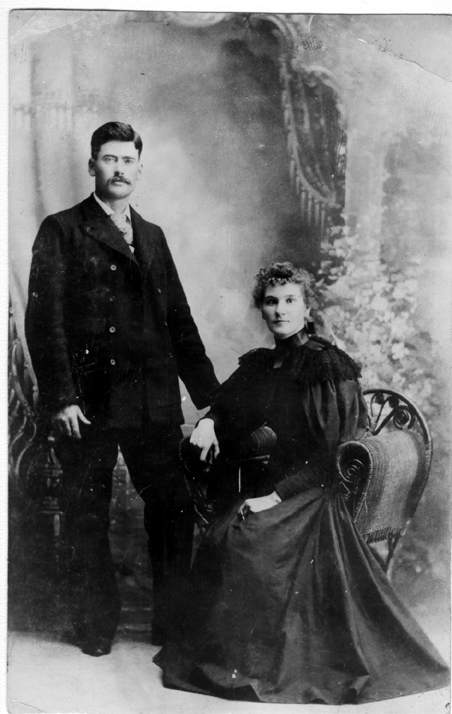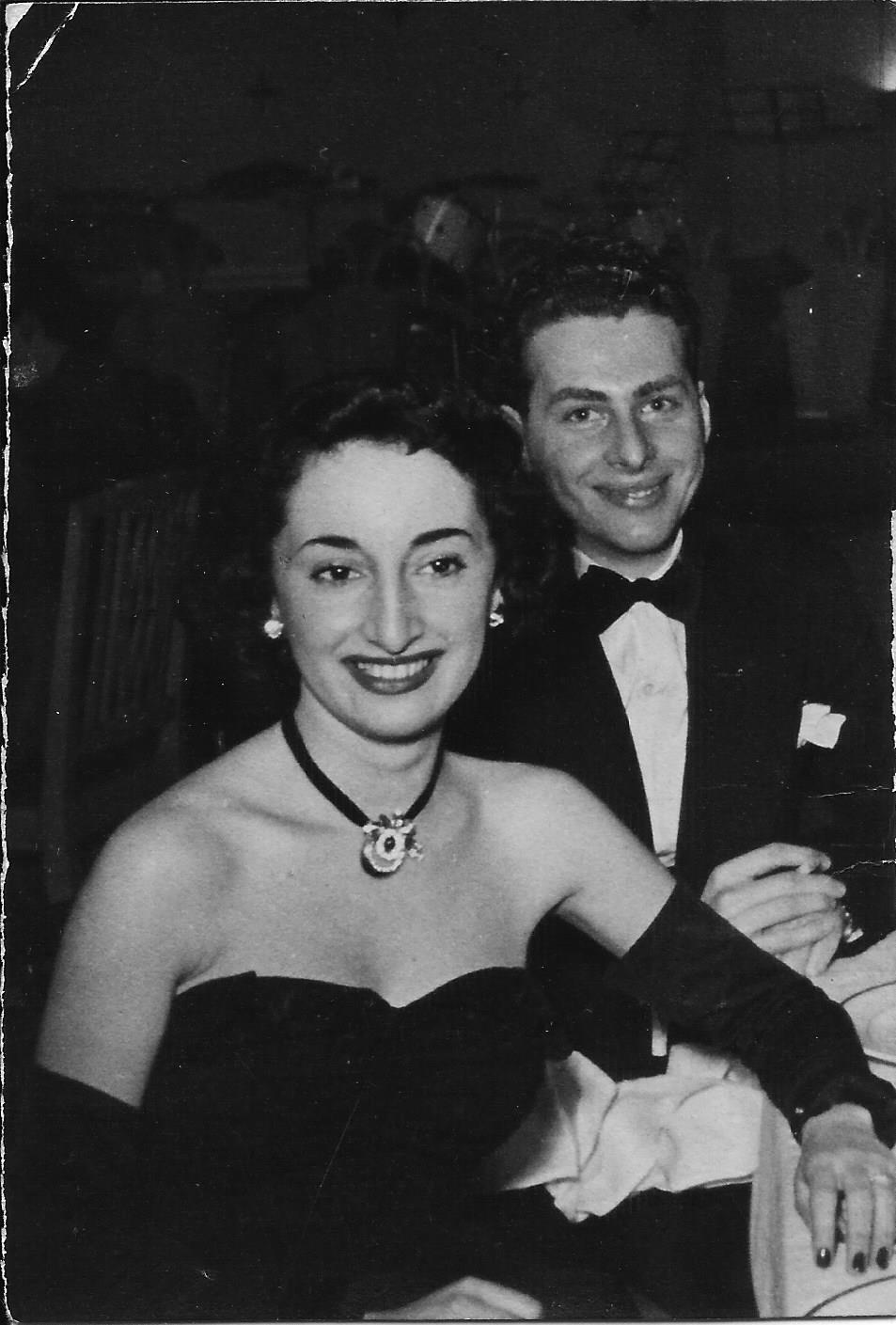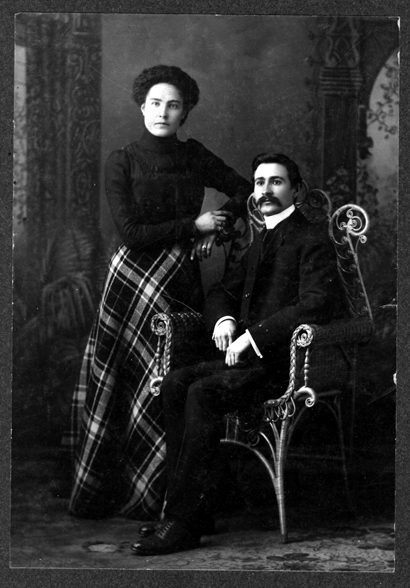| Sources |
- [S224] Arnold Eidus, Letter from A. Eidus to M. Aidus, (Letters), L-1.
- [S66] Obits, arnold_eidus_obit.pdf.
- [S66] Obits, arnold_eidus_obit.pdf.
Arnold Eidus, 90, Adman With Stradivarius, Dies
By MARGALIT FOX <http://topics.nytimes.com/top/reference/timestopics/people/f/margalit_fox/index.html>
Arnold Eidus, a retired advertising executive who began his career as an internationally acclaimed concert violinist <http://www.youtube.com/watch?v=pOEwyUfUHOA>, died on June 3 in Delray Beach, Fla. He was 90.
His son, Robert, confirmed the death.
Mr. Eidus (pronounced EYE-duss) spent more than a decade with Ted Bates & Company, a prominent midcentury New York agency. He was previously a winner of the Jacques Thibaud Competition, a major international contest for violinists, and a recitalist who performed on some of the world’s most renowned stages.
His unusual career trajectory encapsulates both the hardships of making music for a living and, ultimately, the pleasures of choosing to make it on one’s own terms.
Arnold Eidus was born in New York City on Nov. 28, 1922, to a mother who was a pianist and a father who was a violinist. He began studying the violin at 4, and was soon performing as an after-dinner recitalist at the homes of local doctors. One doctor was so taken with his playing that he gave the boy a Stradivarius.
Arnold made his formal debut at 9 at Town Hall in New York, and at 13 was the soloist in Lalo’s “Symphonie Espagnole,” for violin and orchestra, at Carnegie Hall.
Reviewing that performance, The New York Times wrote: “He proved to be a lad of attainments. He was self-possessed and played with infectious gusto.”
After private lessons with the violinist Louis Persinger and additional study at the Juilliard School, Arnold toured the country as a recitalist while he was still in his teens. As a young adult, he was heard in many well-received programs at Carnegie and Town Halls.
In 1946, in Paris, Mr. Eidus won first prize in the Marguerite Long-Jacques Thibaud Competition, as it was then officially known. His victory garnered him a string of engagements across Europe.
But over time, the rigors of touring — and its slender remuneration — began to weigh on him. He found himself envying the doctors, lawyers and other professionals who played purely for pleasure.
Mr. Eidus had always combined his concert career with work as a studio musician. (His résumé included the Paul Whiteman Orchestra.) By the late 1940s, he decided to focus on the studio, becoming the concertmaster of ABC’s resident orchestra and playing regularly for “Your Show of Shows,” starring Sid Caesar and broadcast on NBC.
He also played on advertising jingles, and it soon became apparent, as The Times reported in a 1968 profile, that Mr. Eidus knew far more than most admen about what sort of music worked and what did not.
He joined Ted Bates in 1967 as the agency’s music director, later becoming a vice president there. During his tenure, Mr. Eidus produced music for hundreds of TV and radio spots, enlisting members of the New York Philharmonic to play on advertisements for Scott paper towels and Kool cigarettes and the flamenco guitarist Carlos Montoya to record a commercial for Moment of Truth, a men’s cologne.
Mr. Eidus’s wife, the former Doris Dresher, a pianist whom he married in 1946, died in 2004. Besides his son, Robert, survivors include his companion, Rose Kahn; two sisters, Trudy Gittelman and Adele Passman; and three grandchildren. A daughter, Licia Eidus, died in 1994.
Mr. Eidus did no military service, and that, too, like so much else in his life, he owed to the violin. One day in the 1940s, he was ordered to report to his local induction center for a physical.
He arrived wearing a tuxedo and carrying his Stradivarius — reasonable accouterments, given that he had a live performance immediately afterward.
The military psychiatrist on duty, Mr. Eidus’s son said, took one look at the new recruit’s get-up, diagnosed him as suffering delusions of grandeur and pronounced him unfit for duty.
|




 [2]
[2]  [3]
[3]  d. 30 Mar 1984, Bronx County, New York, USA
d. 30 Mar 1984, Bronx County, New York, USA  (Age 86 years)
(Age 86 years)  d. 19 Sep 1983, Bronx County, New York, USA
d. 19 Sep 1983, Bronx County, New York, USA  (Age 82 years)
(Age 82 years) 
 (Age 83 years)
(Age 83 years) 
